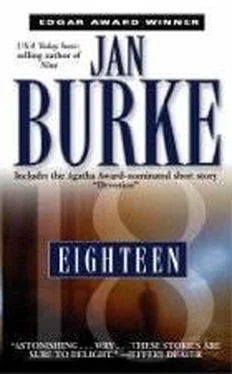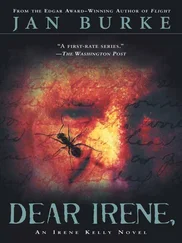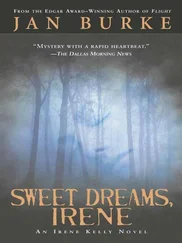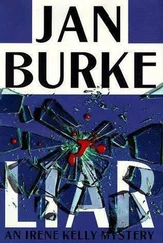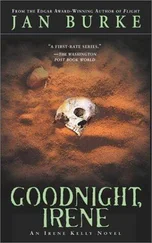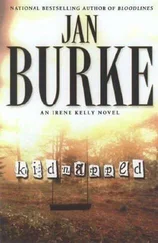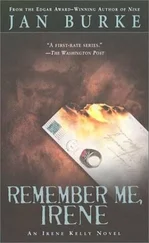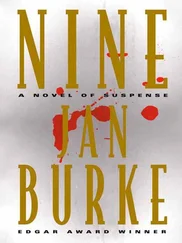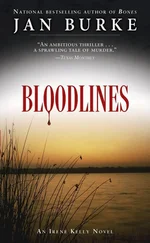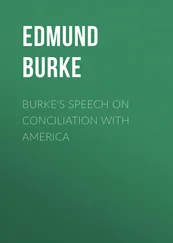I recommended the best hope for his recovery-the strict regimens of a sanitarium. I suggested one in the Adirondack Mountains, which had the advantages of being close to Rhode Island and less costly than those in the western United States. He thanked me, took the information, and went on his way.
A few days later, at my father’s request, I visited the farm. Coming down the drive, hearing the welcoming bark of our old dogs, I felt what had become a customary mixture of sadness and deep comfort in returning to my childhood home. Noah and my father came out to help me stable the horse, and my brother and I spoke of inconsequential things. I could not help but notice that Father seemed agitated, and Noah wary.
My father did not broach the subject that concerned him until we had finished eating our simple meal-a meal he had barely touched. He put a log on the fire, then turned to me and said, “I’m told that you saw a patient with consumption today.”
“Yes,” I answered hesitantly. I had not previously told him of my devotion to the study of consumption, and I was concerned that he would be touched on the raw by any mention of it.
He frowned. “I talked to young Wilcox after you saw him. What is this treatment you prescribed? Why do you send him to the mountains?”
“In hope of curing his consumption,” I said.
“Curing! Is it possible?”
“Sometimes, yes.” I began to tell him of the benefits the TB patient might find in life in a sanitarium-exposure to a healthful climate, enforced rest, fresh air, proper care and good nutrition. “And of course, the sanitarium separates those who have this contagion from any who might be vulnerable to it, so the disease is less likely to be spread to others.”
“You have especially concerned yourself with the study of-you call it ‘TB?’”
“Yes.”
His questions became more persistent, and soon I was talking to him of Brehmer, Villemin, Koch and all the others whose discoveries had brought us to our present understanding of the disease. My father listened with rapt attention, but I saw that he became more and more uneasy as I spoke. Soon, however, I recognized that he was dismayed not by what I had learned about TB, but by his own previous ignorance.
“Dr. Ashford did not know of this!” he said. “Your mother, the children-their consumption was a death sentence! I should have sought another physician, a younger man, such as yourself. If we had known of these sanitariums-”
“It still might not have helped-sanitariums only give consumptives a chance to recover. Some people survive, others arrive only to die a few weeks later.”
“But Nathan-your mother, Robert and Daniel-all of them, even Rebecca-they might have lived had we sent Rebecca away?”
“I don’t know. There were so many others in Carrick Hollow who were ill that winter. Perhaps they would have caught TB from Mrs. Gardner, or Jane, or another. We cannot always cure this disease, Papa. I can’t say for certain who would live and who would die. For all that men in my profession have learned, life and death are still in God’s hands.”
He was silent.
“We cannot change the past, Papa. I only hope to save others from the horror our family experienced. In truth, my most difficult battle is not against the disease, but rather the ignorance-the sort of ignorance which allows men like Winston to convince others that the afflicted are beset by vampires. As long as he spouts his nonsense, others will die, because he will have his neighbors believing that spiritual mumbo-jumbo-and not infection-are at the root of the disease.”
“You are too kind, John,” he said slowly. “You fail to mention the truly damned. Men like your father, who will be persuaded that barbaric rituals must be performed on the bodies of their dead-”
“Papa, you never believed him. You had other reasons. Do not torture yourself so!”
“There is no escape from it.”
“Then try to find some peace where I have-in helping the living. That is how my mother’s memory is best served-the sooner we educate our neighbors in the truth of this matter, the less influence men of Winston’s stripe will have over them.”
I was gratified, the next day, to see that he seemed to have dedicated himself to this cause, and that he was to some degree transformed by his devotion to it. Whenever I happened to glance out my office window, I saw my father talking in an animated fashion to any who would hear him. He was a respected member of the community, and had no shortage of listeners. Isaac Gardner was with him, and he, too, seemed to have taken up the banner. By the early afternoon, Mr. Robinson had stopped into my office to ask if what my father said was true-that vampires had nothing to do with consumption, that some people were being cured of it in sanitariums. I verified that it was so, and watched his eyes cloud with tears. “Then what Winston told me to do to Louisa’s body-the ritual-that was all for naught?”
“I’m afraid so,” I said gently.
He swore rather violently regarding Mr. Winston, then begged my pardon, and left. I watched him walk across the street to join the growing crowd that had gathered around my parent. I smiled. My father, Isaac Gardner and Mr. Robinson would all do a better job of convincing the others than I ever could.
I was vaguely aware that the crowd was moving off down the street, but I was soon caught up in the care of a young patient who had fallen from a tree, and forgot all about vampires and consumption. I set his broken arm, and sent him and his grateful mother on their way. I had just finished straightening my examination room when the door to my office burst open, and my father, Noah, Isaac Gardner, Robinson and a great many others came crowding into the room. They carried between them a man whose face was so battered and clothing so bloodied that I would not have recognized him were it not for a memorable piece of ostentation he was never without-a heavy gold watch chain.
“Winston!”
The others looked at me, their eyes full of fear.
“Lay him on the table!” I ordered.
It took only the briefest examination to realize that he was beyond any help I could offer. He was already growing cold. “He’s dead.”
I thought I heard sighs of relief, and I turned to face them. They all stood silently, hats in hand.
“Who did this?” I asked.
No one answered, and all lowered their eyes.
“Who did this?” I asked again.
“Vampires,” I heard someone whisper, but I was never to know who spoke the word. No matter what I asked, no matter how I pleaded to be told the truth, they remained resolutely silent. Winston’s blood was on all of them; there was no way to distinguish a single killer from among the group. I went to my basin, to wash his blood from my own hands. The thought arrested me. These were neighbors, friends-my father, my brother. I knew what had driven them to this-I knew. Had I not lived in Carrick Hollow almost all my life?
“What shall we do with him?” one of them asked.
I dried my hands and said, in a voice of complete calm, “I believe it is said that for the good of the community, one who is made into a vampire must be cremated.”
I could show you the place in the woods where it was done, where the earth has not yet healed over the burning. Nature works to reclaim it, though, as nature ever works to reclaim us all.
I would like to tell you that the last vampire of Carrick Hollow had been laid to rest there, and that we now live in peace. But it is not so.
Not long after Winston’s death, people who had lived in our village all their lives began to leave it. Farms were abandoned. We would tell strangers that it was the economy-and in truth, some left because it was easier to make a living in the cities. But that would not explain the mistrust the inhabitants sometimes seem to feel toward one another, or the guilty look one might surprise in the faces of those who hastily travel past Winston’s farm.
Читать дальше
